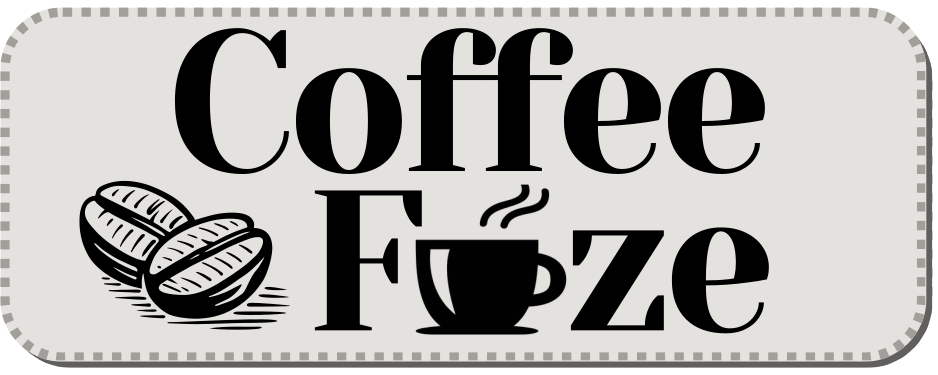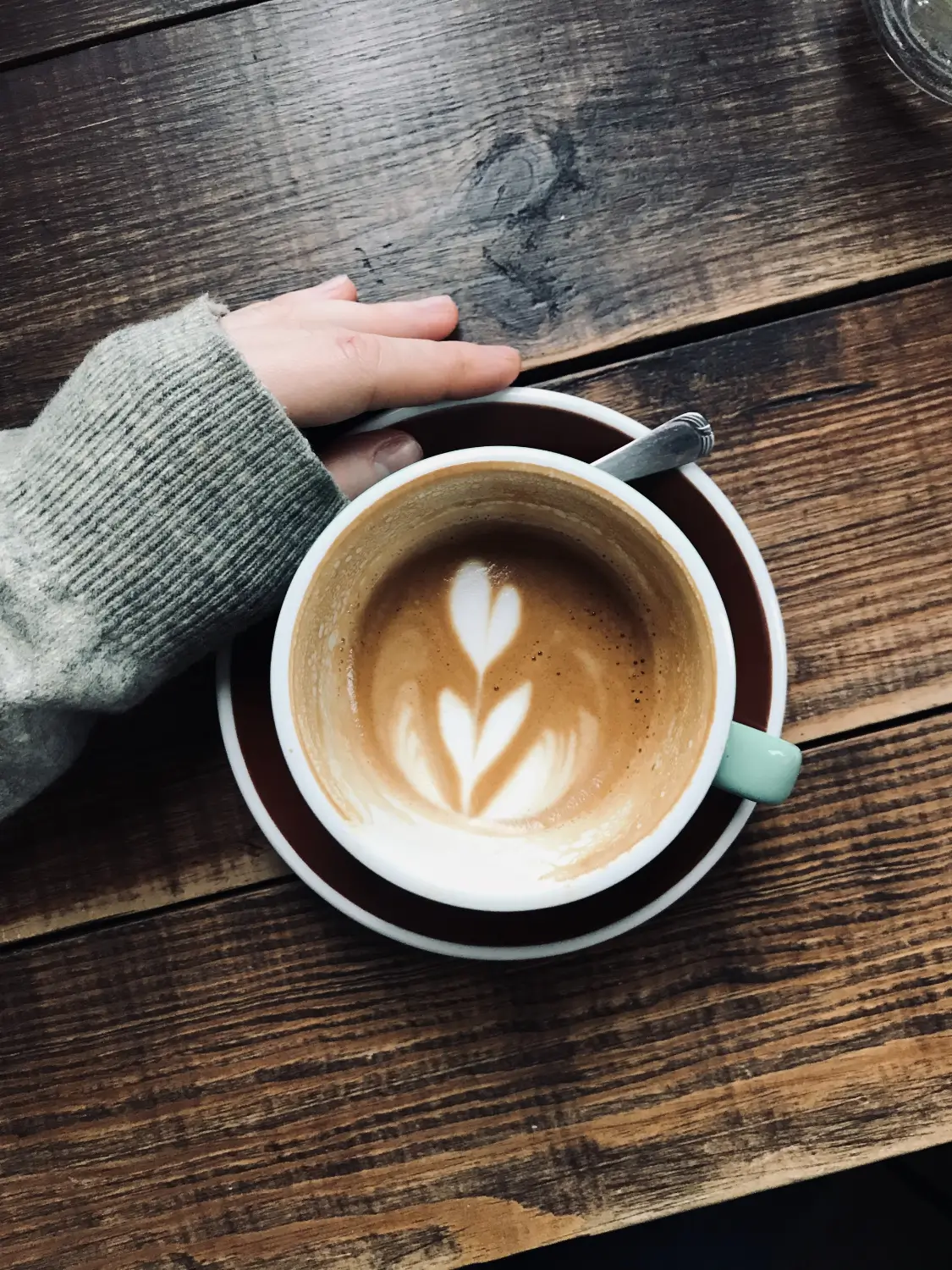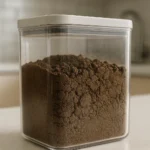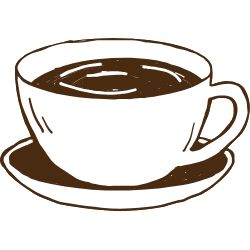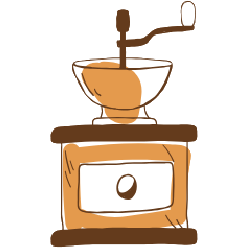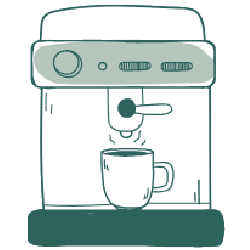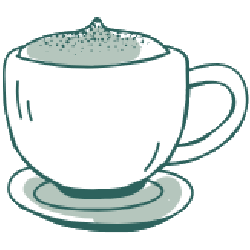That first whiff of fresh coffee – it’s a global wake-up call, isn’t it? You probably love that much-needed boost. But here’s a secret: getting the most out of your cup isn’t just about the first sip. You can actually tune your coffee drinking to your body’s natural rhythms. This helps you get all the good things from caffeine and skip the jitters or afternoon crash.
- What science explains the best time to drink coffee?
- What is the general optimal window for the best time to drink coffee?
- When should you cut off coffee to protect your sleep quality?
- How can you tailor your coffee intake for specific benefits, like alertness or exercise performance?
- Why does the best time to drink coffee vary among individuals?
- What are practical tips for finding your best time to drink coffee?
- What are the key takeaways for finding the best time to drink coffee?
I want to show you the science behind the best time to drink coffee. We’ll explore how your internal clock, called your circadian rhythm, and your body’s natural wake-up hormone, cortisol, really control when coffee gives you its best energy and keeps you sharp.
What science explains the best time to drink coffee?
Your body constantly manages when you feel awake and when you feel sleepy. It does this with a bunch of hormones and brain chemicals working together. If you understand these natural processes, you can figure out the best time to drink coffee to get the most out of it. The main actors in this internal schedule are caffeine, adenosine, and cortisol, all dancing to the tune of your internal circadian rhythm.
What is your circadian rhythm and how does it relate to the best time to drink coffee?
Think of your circadian rhythm as your body’s own 24-hour clock. It runs everything from your sleep-wake cycles to your digestion and even when you make important hormones. This biological clock is a huge part of figuring out the optimal coffee timing for you. It helps ensure your coffee works best and doesn’t mess things up.
How do cortisol levels affect the best time to drink coffee?
Cortisol is your body’s natural wake-up hormone. It ramps up your alertness and energy right after you wake. Your cortisol levels hit their highest point naturally between about 7 AM and 9 AM every morning. If you drink coffee during this natural peak, you can end up with a “double peak” of stimulation.
This extra stimulation might throw your hormones out of whack, making you feel jittery and stressed. Plus, your coffee might not even work as well. Why? Because your body is already super alert on its own.
What is adenosine and why is it important for the best time to drink coffee?
Let’s talk about adenosine. This is a chemical that builds up in your brain all day while you’re awake, slowly making you feel drowsy. Caffeine basically works by blocking these adenosine receptors. When caffeine sits in those spots, adenosine can’t, so your brain doesn’t get the “time to get sleepy” signal. Instead, you feel wide awake.
Here’s the thing: after a good night’s sleep, your adenosine levels are naturally low. So, if you drink coffee right after you wake up, there aren’t many adenosine receptors for caffeine to block. This means your coffee won’t be as effective then.
What is the general optimal window for the best time to drink coffee?
For most people, the sweet spot for your first cup of coffee is the mid- to late-morning. This window lines up your coffee timing with what your body is naturally doing. Most experts suggest aiming for sometime between 9:30 AM and 11:30 AM. That’s when you’ll get the most out of it.
Why is mid-morning considered the best time to drink coffee?
If you wait about 60 to 120 minutes after waking, your natural cortisol levels will have dropped from their morning high. This creates a real difference, making the caffeine you drink much more impactful. You’ll feel a clearer, better boost in alertness, getting the most from coffee’s stimulating kick.
This way, you’re not messing with your body’s natural hormone balance. That’s why the mid- to late-morning (9:30 to 11:30 AM) window is perfect for your first cup.
What are the downsides of early morning coffee consumption for the best time to drink coffee?
Drinking coffee too early, especially right after you wake up, isn’t as good for you. It can even be harmful. This timing often bumps into your natural cortisol peak, giving you an extra, unnecessary jolt. This just means your caffeine won’t work as well because your adenosine levels are already low from sleeping.
You might also feel more jittery or anxious. Plus, you could build up a caffeine tolerance faster, and the acidity of coffee on an empty stomach might even upset your stomach. Try to avoid coffee too early in the day.
| Timing | Cortisol Level Status | Coffee Impact | Recommendation |
|---|---|---|---|
| Early Morning (7–9 AM) | Peak cortisol | Double cortisol peak; less caffeine benefit; increased jitteriness | Avoid coffee immediately upon waking |
| Mid- to Late Morning (9:30–11:30 AM) | Declining cortisol | Optimal caffeine effect; enhanced alertness | Best time to drink coffee for first cup |
| Afternoon/Evening | Low cortisol naturally | Caffeine disrupts circadian rhythms, sleep, and stress levels | Avoid coffee after ~2 PM to prevent sleep issues |
When should you cut off coffee to protect your sleep quality?
Drinking coffee too late in the day can really mess with your sleep quality. You won’t get that deep, restorative rest you need. To keep your sleep safe, set some clear rules for yourself about when to stop drinking caffeine. Sticking to these limits helps keep your body’s natural sleep-wake cycle on track.
What is the 6–8 hour rule for the best time to drink coffee before sleep?
A good rule of thumb is to stop your caffeine at least 6–8 hours before you plan to go to bed. Even if you don’t feel it, drinking coffee closer to bedtime can really disrupt your sleep. People often don’t even realize their sleep is suffering.
What is the practical afternoon cutoff time for the best time to drink coffee?
For most adults who go to bed at a regular time in the evening, try to cut off coffee around 2–3 p.m. This makes the 6–8 hour rule much easier to follow every day. But remember, everyone processes caffeine a little differently.
Sticking to this cutoff will help you avoid unwelcome sleep problems. It gives the caffeine enough time to leave your system before you try to fall asleep.
How does late coffee consumption disrupt sleep quality, even when considering the best time to drink coffee?
When you drink caffeine late in the day, it really messes with the chemicals that help you sleep, like adenosine. It also directly stops your body from making melatonin, which is the hormone that tells your body it’s time to sleep. This means you’ll take longer to fall asleep, sleep for less time, and just have generally worse sleep quality.
Consistently poor sleep can lead to more stress and even serious health risks, like heart problems. So, getting your caffeine and sleep timing right is super important for your long-term health. Want to learn more about sleeping better?
How can you tailor your coffee intake for specific benefits, like alertness or exercise performance?
Beyond just the general timing, you can actually use coffee strategically to get specific results. This means tweaking your coffee timing to boost your mental focus or improve your workout. A few well-timed sips can really give you an edge.
When is the best time to drink coffee for peak alertness and cognitive performance?
If you need to be super alert and focused, drink your coffee about 20-30 minutes before a big task. This gives the caffeine time to hit its peak in your system, giving you an instant boost to your focus and mental sharpness. For example, have a sip before a really important meeting or an exam.
You can also try a “coffee nap.” Drink your coffee right before a quick 15-20 minute nap. The caffeine will start working just as you wake up, giving you a fast burst of alertness.
When is the best time to drink coffee for enhanced exercise performance?
To get more out of your workout, drink coffee 30-60 minutes before you exercise. This window lets caffeine reach its full effect in your body. That timing can really kick up your endurance and sharpen your focus while you’re active. You’ll push harder and last longer.
When is the best time to drink coffee for memory and learning?
Want to remember things better? Try drinking coffee right after you’ve finished learning or studying. Some research shows that caffeine can help cement new information in your brain. This post-learning coffee helps your brain store those memories more effectively.
Why does the best time to drink coffee vary among individuals?
Even though we have general rules for coffee timing, how you respond to coffee is really personal. Everyone is different because of their genetics and how their body works. Things like how you process caffeine and how sensitive you are to it play a big part in these differences.
How do genetics and caffeine metabolism influence the best time to drink coffee?
Your genes really affect how your body handles caffeine, especially changes in the CYP1A2 gene. This gene tells us your personal caffeine metabolism rate – whether you’re a fast, slow, or super slow metabolizer. For instance, if you’re a slow caffeine metabolizer, your body takes a lot longer to break down caffeine.
If that’s you, you’ll feel much better if you drink your coffee earlier in the day. This helps you avoid those long-lasting effects that can seriously mess with your sleep. Knowing a bit about your genetic profile can help you perfect your own coffee timing.
How does caffeine sensitivity influence the best time to drink coffee?
Your personal caffeine sensitivity – which genes like ADORA2A help control – decides how your body reacts to coffee. If you’re really sensitive, you might feel things like anxiety or have serious sleep problems from caffeine. People who are very sensitive need to be more careful with when they drink coffee or how much they have.
What other factors influence the best time to drink coffee?
Over time, your body can also build up a caffeine tolerance, changing how coffee affects you. Things like your age, if you’re pregnant, certain medicines you take, or existing health conditions can all change how you react to caffeine. These many different factors highlight why you really need to personalize your coffee timing to get the most out of it.
Here’s a list of things that can influence your personal coffee timing:
- Genetic makeup (like your CYP1A2 or ADORA2A genes),
- how sensitive you are to caffeine,
- if you’ve built up a tolerance,
- your age and any body changes,
- if you’re pregnant,
- medications you’re taking,
- and any health issues you might have.
What are practical tips for finding your best time to drink coffee?
So, how do you actually put all this into practice? These tips will help you fine-tune your coffee habits to perfectly match what your body needs. When you start using these methods, you’ll notice some great things:
- more natural energy all day,
- better focus and mental sharpness,
- improved sleep quality and length,
- fewer jitters or anxious feelings,
- and you’ll get the good stuff from caffeine without relying on it too much.
Follow these ideas, and you’ll get the absolute best from your daily cup.
Why should you listen to your body to find your best time to drink coffee?
You absolutely need to pay attention to how coffee makes you feel. Watch your energy levels, your mood, your sleep, and even your digestion throughout the day. This personal check is the real trick to figuring out your own unique optimal coffee timing.
Why are hydration and moderation important for the best time to drink coffee?
Don’t forget to drink lots of water, because caffeine can make you a little dehydrated. Also, try to keep your coffee intake to a moderate amount – usually 2–3 cups a day is good for your overall health. This keeps your body better in sync with its natural circadian rhythms and stops you from getting overstimulated.
How can you experiment and adjust to find your best time to drink coffee?
I suggest keeping a simple journal. Write down exactly when you drink coffee and how it affects your energy, focus, and sleep afterwards. This self-tracking helps you tweak your personal optimal coffee timing. Keep adjusting, and you’ll find the routine that works best for you.
What are the key takeaways for finding the best time to drink coffee?
Remember, matching your coffee intake with your natural circadian rhythm and cortisol levels is everything if you want to get the most out of it. Generally, aim for your first cup in the mid-morning window, somewhere between 9:30 and 11:30 AM. On the flip side, cutting off coffee in the afternoon, usually by 2–3 PM, is super important to protect your sleep quality.
Finding your perfect coffee timing is really your own personal journey. Try out these ideas, and you’ll discover the best time for you. That’s how you unlock more energy, sharper focus, and better sleep!
